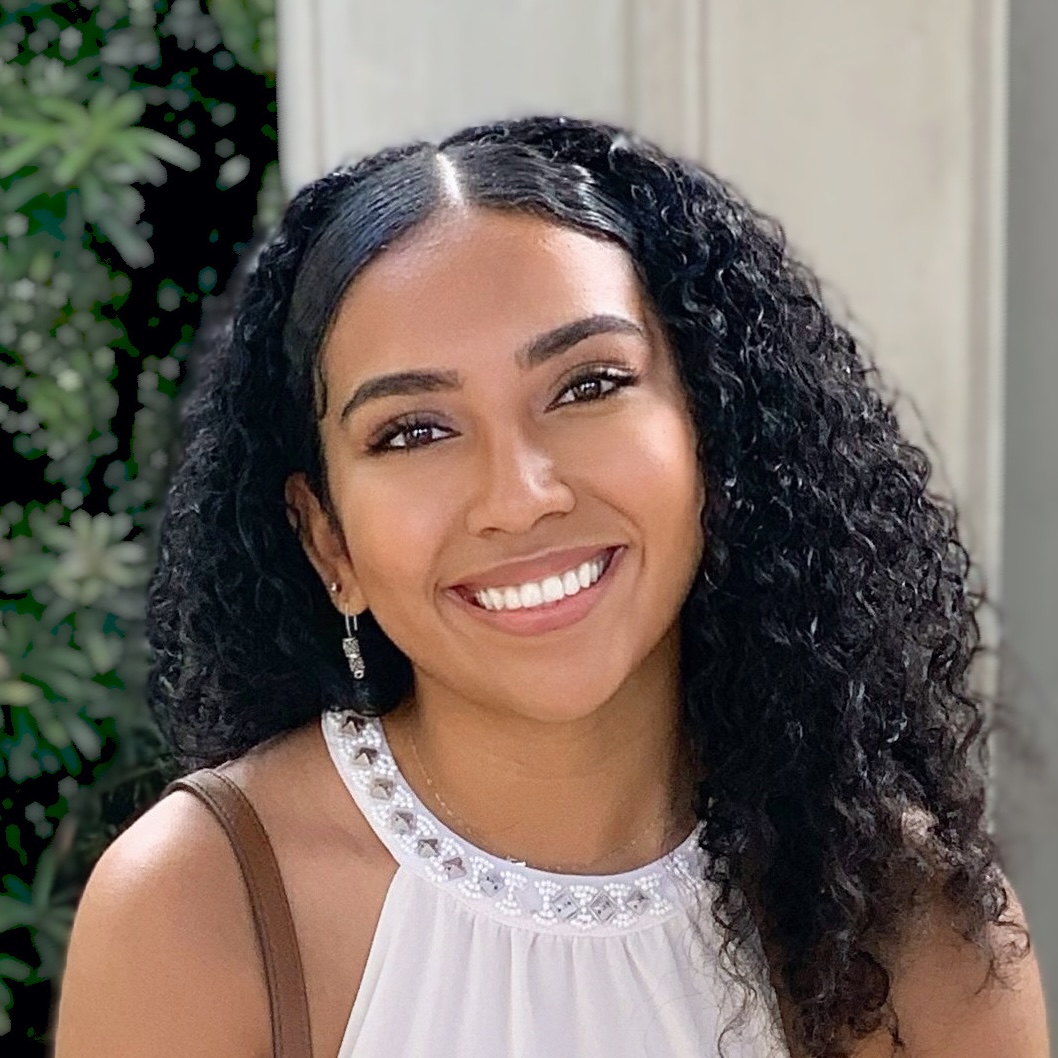Research Symposium
22nd annual Undergraduate Research Symposium
Laura Arrieta Poster Session 5: 1:30 - 2:15/Poster #64

BIO
Laura Arrieta is an undergraduate transfer student double majoring in Criminology and Political Science. She aspires to get her master’s degree in Criminology and to then apply to law school. With goals of becoming a criminal defense attorney, Laura is passionate about helping systematically marginalized low-income communities. She is passionate about learning as much as she can, hoping to one day share her knowledge in a way that will give others a fighting chance in a country that contains institutions that are very evidently stacked against minority individuals. By participating in UROP, Laura has gained a growing love for research. She hopes to expand this new-found interest towards the criminology field in order to find solutions to further mitigate the variety of disparities found within disenfranchised communities dealing with the criminal justice system. A member of the Hispanic Honor Society and the Society of Black Female Future Attorney’s, Laura loves expanding her knowledge, nurturing friendships with others with similar aspirations, and serving the Tallahassee community that has done so much to welcome her as a new member.
Black Americans’ Experiences with Therapy and Barriers to Mental Health Services
Authors: Laura Arrieta, Chélynn Randolph, M.A.Student Major: Criminology & Political Science
Mentor: Chélynn Randolph, M.A.
Mentor's Department: Department of Human Development and Family Science Mentor's College: College of Health and Human Sciences Co-Presenters: Samirah Abellard
Abstract
Disparities in racially and ethnically marginalized communities associated with mental health help-seeking have been a growing concern within the U.S. healthcare system. In attempting to seek out mental health therapy services, Black Americans have encountered individual, environmental, and institutional barriers. Although current literature involving mental health stigma and perceptions suggests that these barriers have resulted in the underutilization of mental health services by Black Americans, the experiences of Black Americans encountering these barriers has not been thoroughly examined. Prior research has indicated a need for more qualitative studies involving Black Americans within the mental health system. This study aims to recognize the issues faced by Black Americans when seeking and participating in mental health services, delineating the different barriers that deter them from services, and analyzing what factors aid in overcoming said barriers. By using a transcendental phenomenological qualitative design with comparison groups, we have been able to focus interviews on the description of participant’s experiences in encountering and potentially overcoming barriers when seeking mental health services, rather than implementing our own interpretation of such experiences. This research is beneficial in that it can assist researchers in developing effective interventions to destigmatize and mitigate the barriers associated with help-seeking.
Keywords: Mental health, Black Americans, Barriers, Stigma, Therapy

